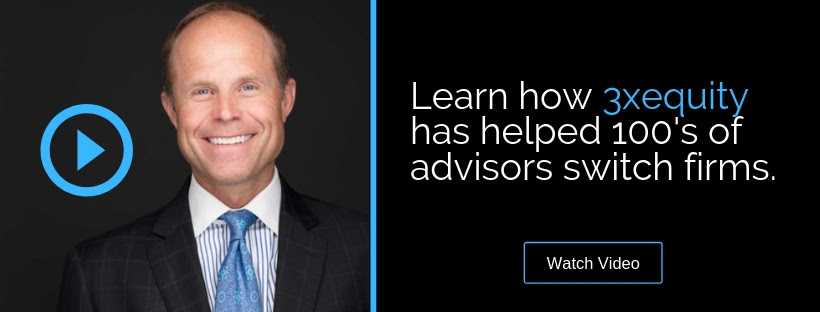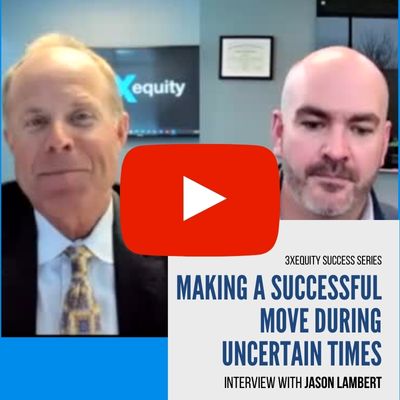Another FINRA classic when it comes to enforcement action; and this time the spotlight shines on William D. Williford, a seasoned financial advisor with nearly half a century of experience at Morgan Stanley and its predecessor firms.
Opting to conclude his illustrious career rather than engage in a legal battle with the Financial Industry Regulatory Authority (FINRA), Williford has accepted an industry bar following his resignation from Morgan Stanley, as outlined in a settlement letter finalized on Thursday.
Beginning his journey at Dean Witter & Co. in 1973, Williford dedicated his entire professional life to the inancial sector. However, concerns about his judgment emerged at Morgan Stanley, leading to his resignation in May 2022. The specifics of these concerns are tied to his application for a pandemic relief loan in 2020, though the settlement does not delve into Williford’s motives for seeking this loan.
Outside of his role in finance, Williford has been involved in ventures related to wineries, including serving as president of the Rock Wall Wine Company from 2009 to 2012. While his LinkedIn profile and BrokerCheck report shed light on his professional endeavors, Williford has not provided comment regarding his decision to settle with FINRA, despite requests made through LinkedIn.
During his tenure at Morgan Stanley, Williford was part of the McKenna Wealth Management Group, led by Scott McKenna. Despite attempts to reach out for comment, McKenna and Williford’s lawyer in the FINRA settlement, Robert Long of Greenberg Traurig in Phoenix, remained silent on the matter.
Similarly, a Morgan Stanley spokesperson declined to provide insight into the situation. The decision to step away from the industry rather than engage in a legal battle with regulatory bodies is not uncommon, particularly among advisors nearing retirement. Such cases often involve significant legal expenses and potential damage to one’s reputation, leading individuals like Williford to opt for closure rather than prolonged conflict.
The retirement of William D. Williford amidst FINRA’s enforcement action underscores the complexities and challenges faced by financial advisors in today’s regulatory landscape. As the industry continues to evolve, it remains imperative for advisors to navigate these challenges with diligence and integrity, prioritizing compliance and ethical conduct to uphold the trust and confidence of their clients and regulatory bodies alike.





